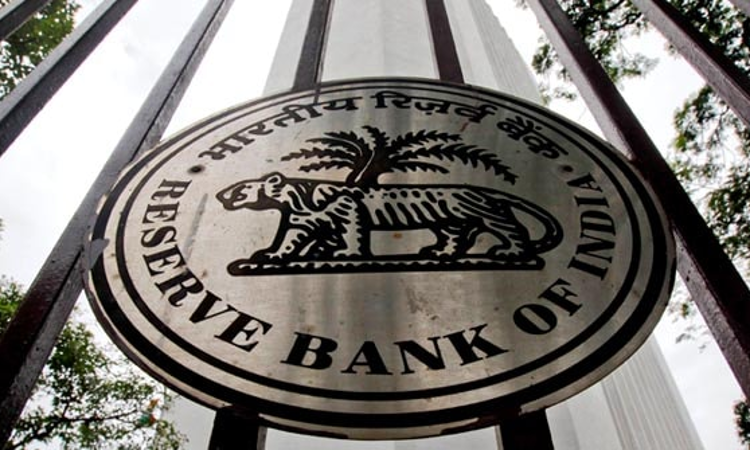Kerala High Court Issues Notice To Centre, RBI On Plea Against Amendments To Banking Regulation Act
Hannah M Varghese
26 Nov 2021 5:50 PM IST

The Amendment Act strips the State of its legislative power, the plea states.
Next Story
26 Nov 2021 5:50 PM IST
